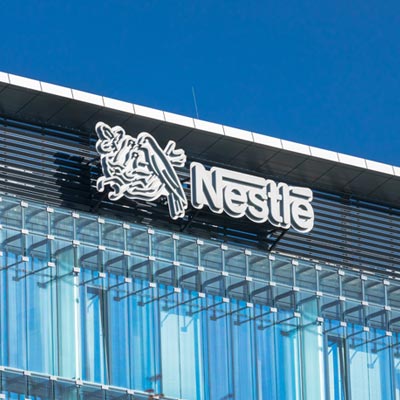The group continues to focus its activities towards nutrition and well being. We would therefore monitor operations completed in this area that represent major growth opportunities for this group.
To sell or buy Nestle shares, one of the world's largest food and drink companies, you first need to open a brokerage account with a financial services company or online trading platform. Once your account is up and running and funded, look for Nestlé's stock symbol, which is 'NESN' on the markets where it is listed. Then use your broker's trading platform to place an order to buy or sell Nestlé shares based on your market analysis and investment objectives. Be sure to carefully monitor the latest Nestlé news and financial analysis to make informed decisions. If in doubt, do not hesitate to consult a financial advisor for personalized advice.










